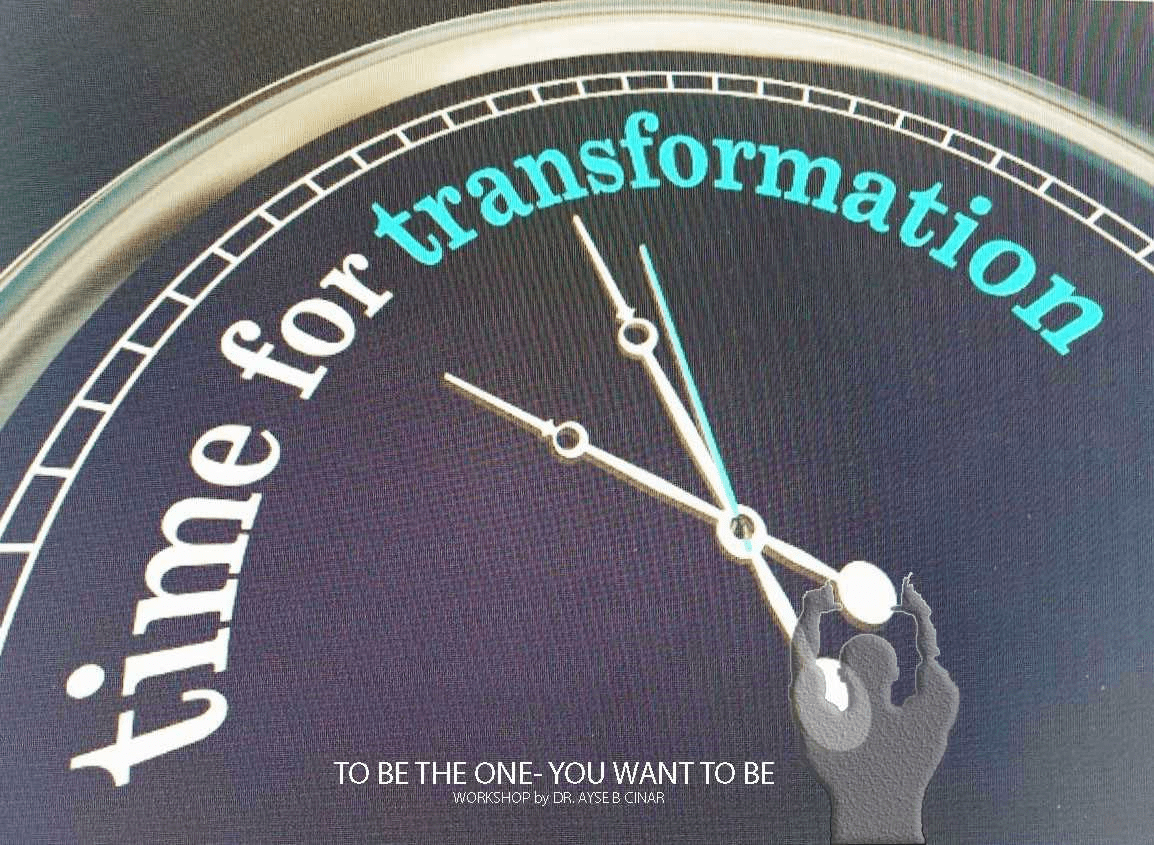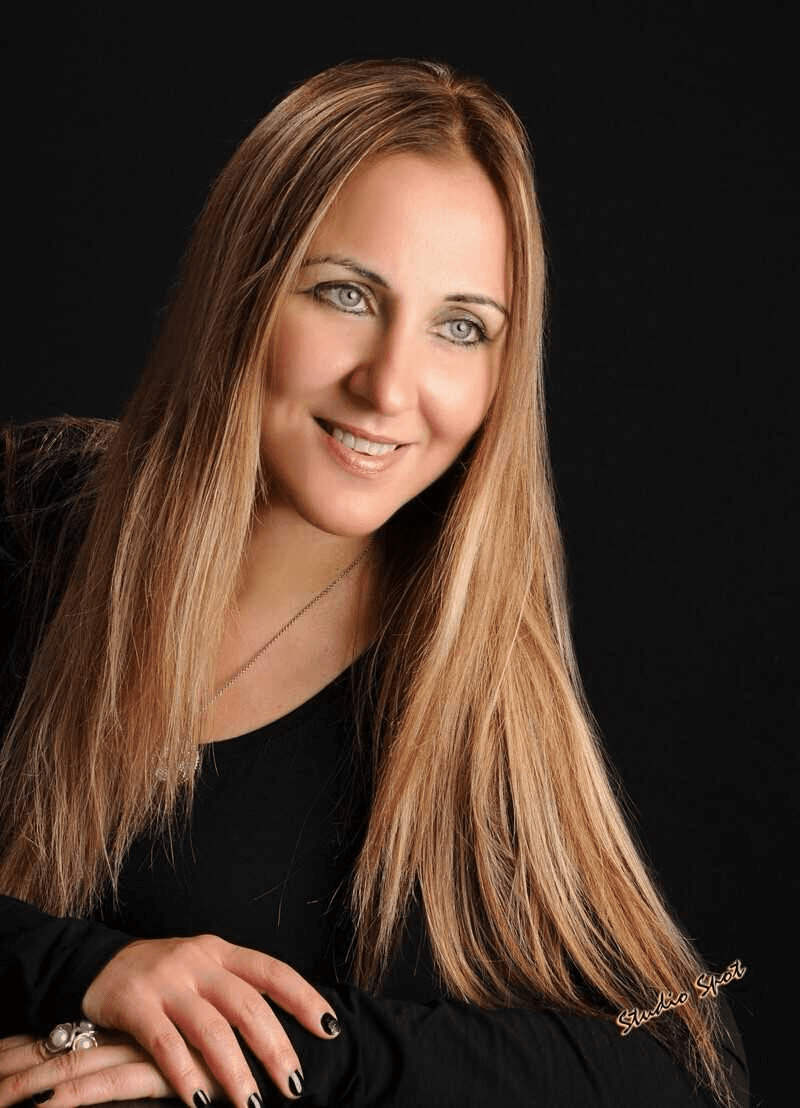Dr Ayse Cinar, Senior Researcher at the School of Dentistry, will lead a series of events looking at health coaching at this year’s Edinburgh Festival Fringe. In this blog she explains what health coaching is and how it can help to transform people’s lives.
Negative emotions and experiences are on the increase around the world. In any given day:
- · 4 in 10 people will experience a lot of worry or stress
- · 3 in 10 will experience physical pain
- · 1 in 5 will experience sadness or anger
Up to 60% of Americans report feeling lonely while 74% of British people and 75% Americans feel stressed and/or overwhelmed. Both loneliness and stress are among the major factors for impaired/poor health and wellbeing. There exists a vicious circle of stress and chronic diseases, such as cardiovascular diseases, type 2 diabetes and obesity. Impaired sleep and poorer immune system responses are other known consequences of stress and loneliness, with children as well as adults increasingly likely to experience them.
We are living in a new reality of negative emotions. My research focuses on evidence-based health coaching and how this can help people adjust to this new reality.
Keeping the thunder and snow at bay
Let’s imagine you live in an area where thunder storms or heavy snows are common. Like everyone else, you want to be healthy, successful and fulfilled but the extreme weather keeps you locked in survival mode and are therefore unable to plan for the future or be creative and relaxed.
All that is very similar to living in the new world, where negative emotions strike at your health and behaviour like thunderbolts. Studies have found that loneliness and stress are associated with health risk behaviours such as physical inactivity, poor diet and excessive drinking or drug misuse. Today’s living conditions, workplace pressures and social expectations are among the major factors leading to these negative emotions.
So can we blame our environment for our poor health and behaviour? No.
So is it okay to blame ourselves for our negative emotions? Again, no.
We have the choice to either fight against the environmental challenges or to accept them as they are. If we choose the latter path we can then think about how we and our loves ones can live the happiest and healthiest lives possible within our environment.
Health coaching is one of the most powerful ways of changing people’s mind sets for the long term. Coaches ask clients powerful and constructive questions to help and guide them gain a clearer insight into who they are and their potential. It’s a process of self-discovery that helps and empowers people to take actions that change their behaviour. I believe it has the potential to not only transform the lives of individuals but to create a happier, more sustainable and more satisfied society as well.

What is it? And why does it work?
The UK spends somewhere in the region of £200 billion on healthcare annually, with long-term illnesses accounting for about 70% of this eye-watering sum. With this spending still rising by around 4% a year, this is clearly unsustainable. Healthcare professionals are increasingly promoting behaviour change as a way of reducing the risk factors for these diseases. This is where health coaching comes in.
Health coaching is not the same as counselling or therapy. The coach will typically sit down with the client and help them arrive at an overall health or lifestyle goal, such as cutting their weekly alcohol intake in half. Using the questioning technique to uncover what that goal means to the person in terms of their personal values, they will then draw up a specific action plan for reaching it.
Coach and client then look at what makes change a good thing and what is getting in the way – avoiding “why” questions, which are seen as judgemental. The emphasis is about turning barriers into opportunities, focusing on the future rather than the reasons why the person got into that cycle of behaviour.
During follow-up sessions, clients discuss their progress, obstacles and plans how to proceed. If successful, another goal – running twice a week, for example – may be introduced. The technique has been shown to be one of the most effective methods for managing lifestyle diseases.
One study found it to be an effective way for diabetics to lower blood sugar levels while my own co-authored work has found that it can enhance people’s oral health and diabetes management, help them to take more exercise, eat better and improve their quality of life. This research took place in Turkey and Denmark, suggesting that health coaching may be beneficial in a variety of healthcare settings.
I am currently developing a postgraduate programme in Executive Coaching for Health at the University. The programme will be the first of its kind in the UK and will be essential if we are to create a new workforce of health coaches using evidence-based academic training to help empower individuals to lead the best life they can for themselves, their families and society.

Dr Cinar will host the workshop, ‘To Be the One You Want to Be’ at the Royal Society of Edinburgh (RSE) on Friday 23, Saturday 24 and Monday 26 August. Tickets are free but must be booked in advance from https://www.rse.org.uk/curious-events/?fwp_curious_category=workshop/.
She will also be taking part in the RSE’s Tea and Just Talk Series on Friday 23 and Monday 26 August. Members of the public are free to drop in to ask questions on the subject of ‘Unleashing self-potential for health and wellbeing’.
More information is available at: https://www.rse.org.uk/curious/unleashing-self-potential-health-wellbeing-tea-just-talk-series/.

